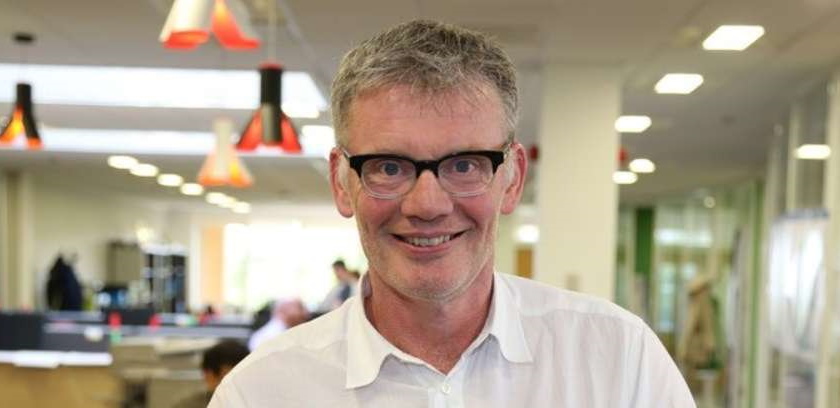AZ drug hunter Garry Pairaudeau joins AI specialist Exscientia

Drug discovery firm Exscientia has beefed up its leadership team with the appointment of former AstraZeneca scientist Dr Garry Pairaudeau as its chief technology officer.
Pairaudeau – who will report directly to Exscientia chief executive Prof Andrew Hopkins – has been at AZ for 25 years, most recently as head of hit discovery with a brief covering high-throughput screening and virtual screening, computational chemistry, machine learning, and DNA-encoded libraries.
He also served as chair of AZ’s Global Chemistry Leaders Network, with responsibility for implementing strategic initiatives and collaborations, and championed developments in artificial intelligence (AI), machine learning, physics-based computation and automation.
Pairaudeau joins Exscientia at a fertile time for the UK biotech, which specialises in applying artificial intelligence to the drug discovery process and reckons its approach can carve up to 75% off the time it takes to find preclinical candidates.
The company hit the headlines earlier this year when it started clinical trials of the first drug molecule invented entirely using AI – a potential treatment for obsessive-compulsive disorder (OCD) partnered with Sumitomo Dainippon Pharma.
It then built on that success with a $60 million third-round financing in May – led by Novo Holdings – which is being used to build out its drug pipeline.
At Exscientia, Pairaudeau will be responsible for making sure Exscientia becomes “the most efficient drug discovery organisation in the world.”
Among his past achievements was the Malcolm Campbell award from the Royal Society of Chemistry (RSC), which he shared with other scientists for the discovery of Brilinta (ticagrelor), AZ’s blockbuster antiplatelet medication which is used with aspirin to lower a patient's chance of having another heart attack, stroke or blood clot.
“Garry has forged a long-standing impressive career that has combined real-life drug hunting with cutting edge computational and AI techniques as well as robotics”, said Hopkins.
He added that the new CTO “has the rarest of talents of both a deep understanding of the problems of drug discovery and a drive to lead the development of new AI and automation approaches to solve those problems.”
Interest in using AI and machine learning to boost efficiency of drug discovery and development has been rising as the biopharma industry is facing declining returns on investment, and desperately needs more efficient R&D methods to boost productivity.
The global market for AI in healthcare was worth $2.1 billion in 2018, with exponential growth to $36 billion predicted by 2025, at a combined annual growth rate of 50.2%, according to a recent report by finnCap.












